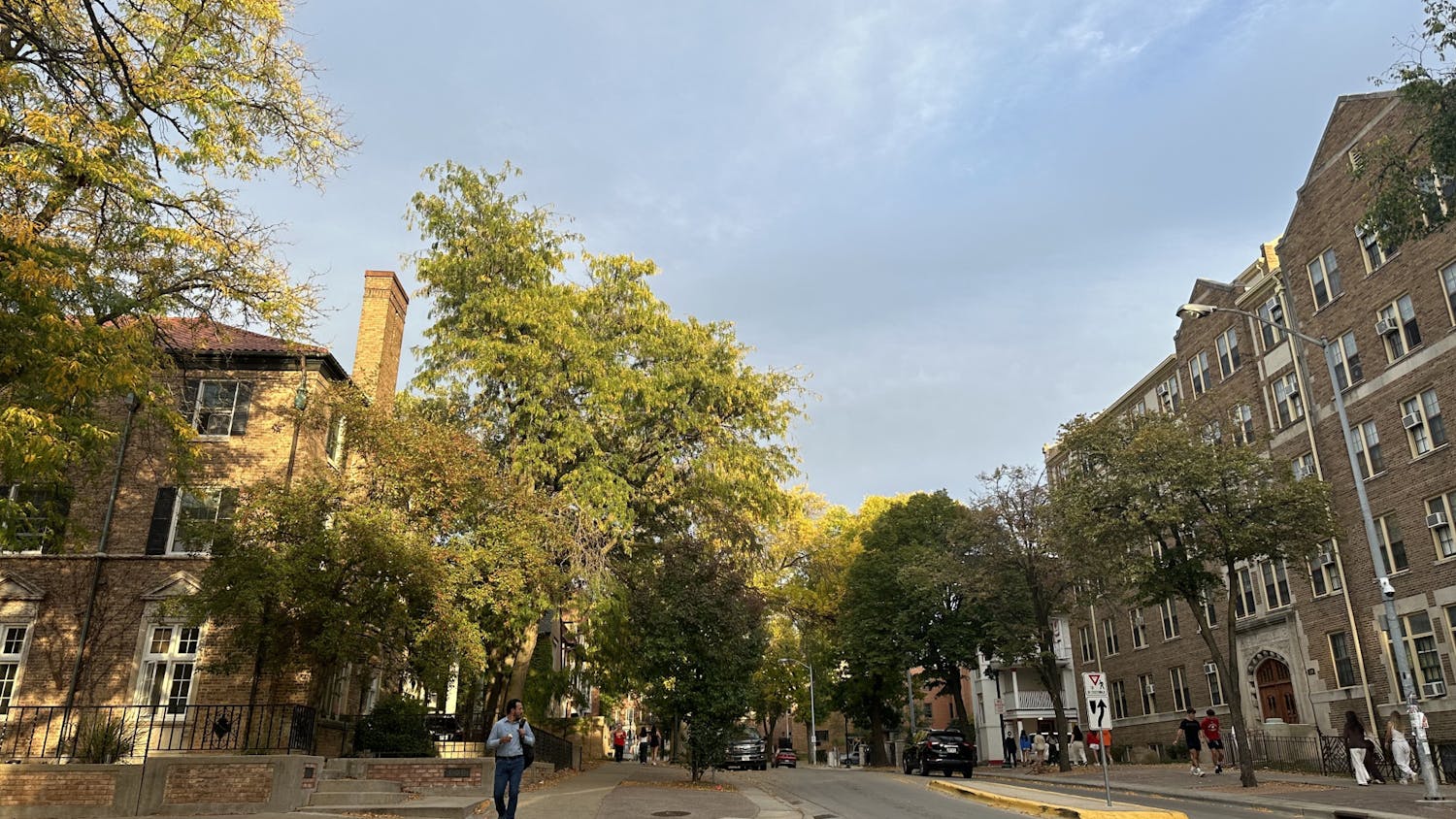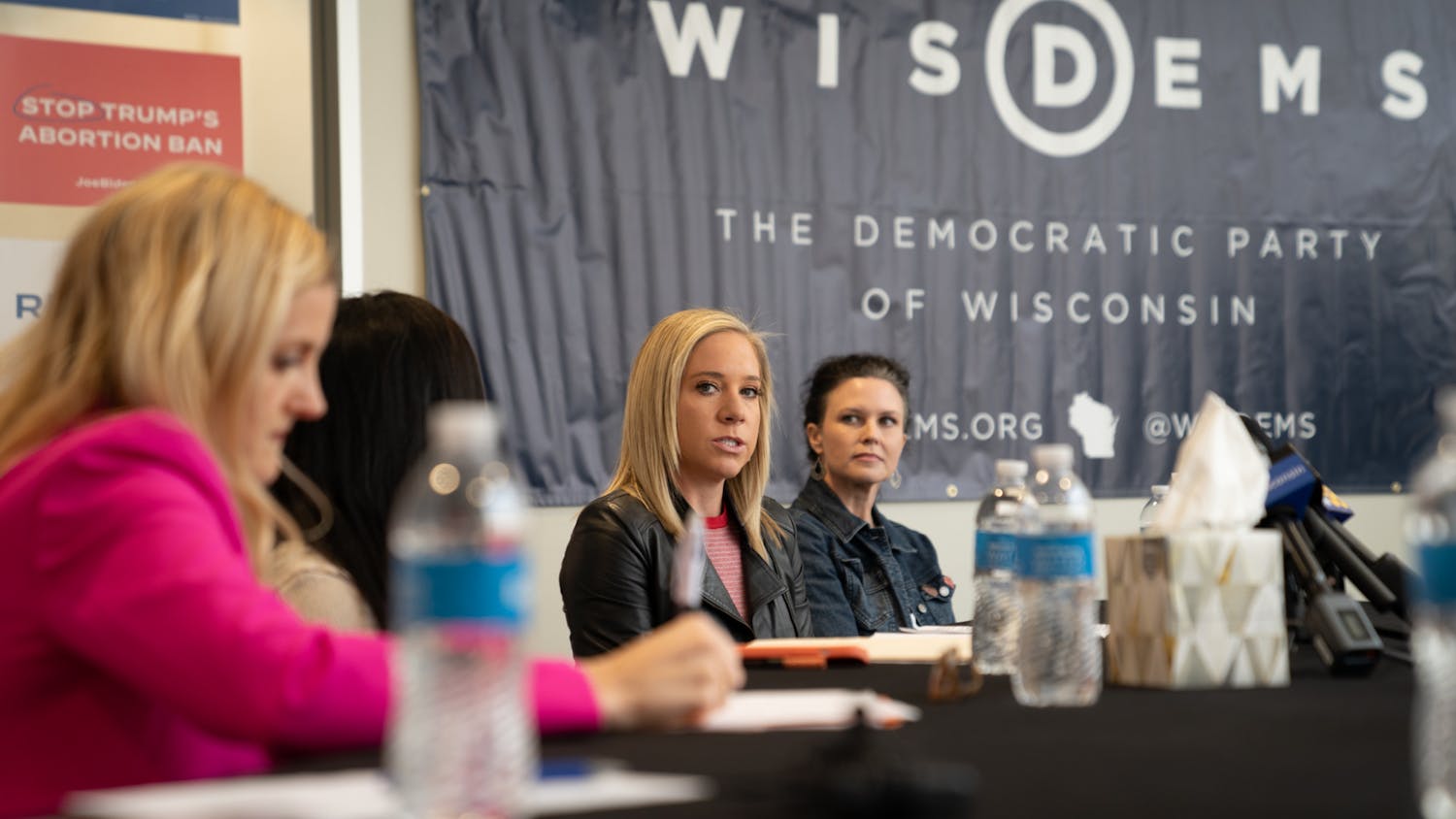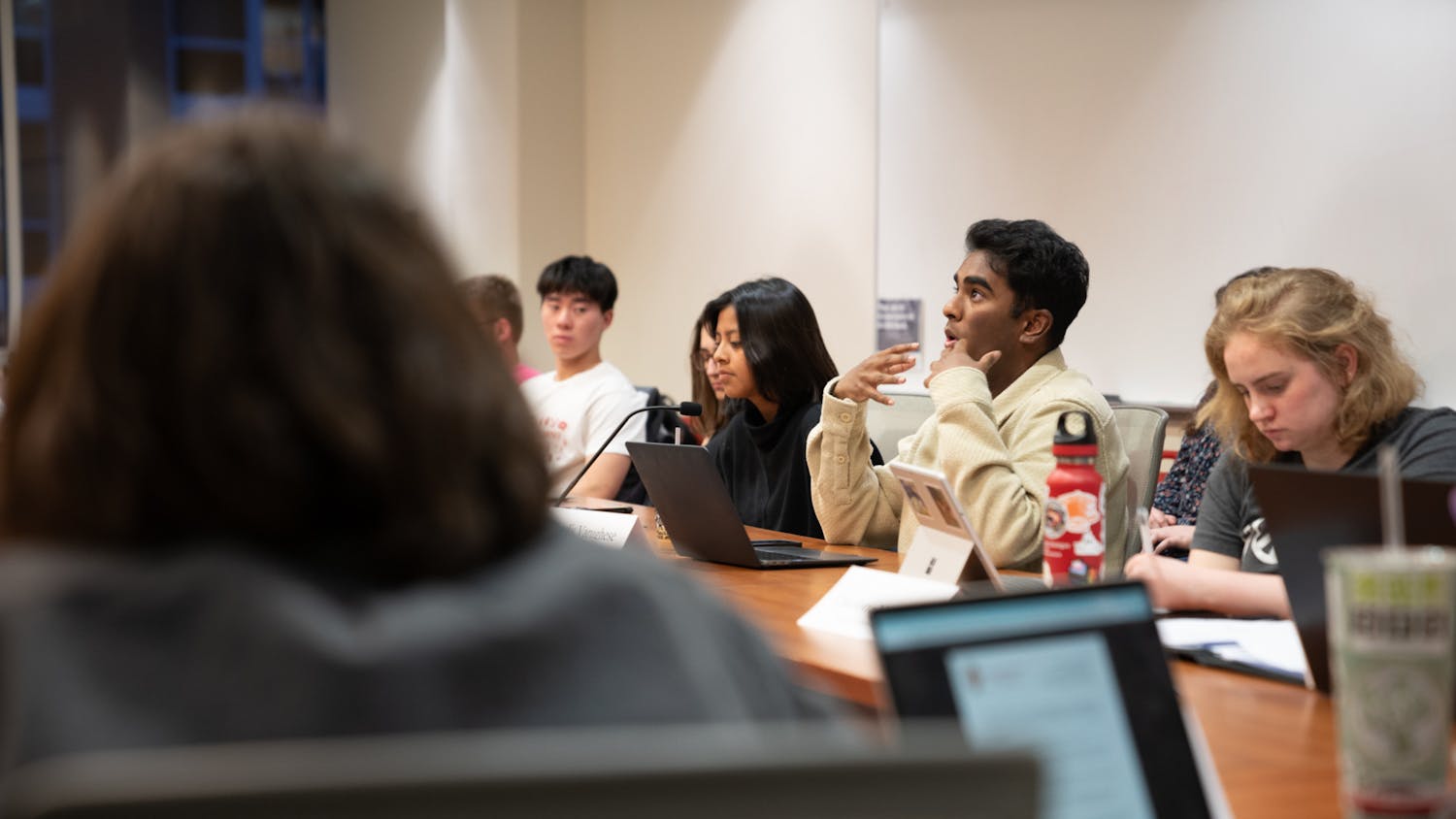Years after graduating from UW-Madison, some of the university’s core philosophies have stuck closely with entrepreneurs still in the city—in some cases, even having served as a launchpad for their careers.
EatStreet co-founder and CEO Matt Howard said that UW-Madison had a significant role in the successful launch of his company, which now employs over 1,000 people and has locations across the country.
During his undergraduate career, Howard was awarded $10,000 and free office space after winning a business competition offered by the Wisconsin School of Business.
“We were just getting going, and to win $10,000 and a free office, really kind of pushed me over the edge to continue doing this,” Howard said.
In addition to starter investments, Howard was offered free legal advice from the university’s Law and Entrepreneurship Clinic.
“It’s the little things like that that really matter, Howard said. “When you start getting prize money, free offices, all those things really spark people to start and grow companies.”
Howard also credits the university for introducing him to a large talent pool.
“The thing I love about Madison is there’s so much talent in the city,” Howard said. “I like to give the university credit for having me meet my wife and my co-founders of my company, because without going to UW I wouldn’t have probably met any of them.”
ABODO CEO Alec Slocum and Adam Olien are proud alumni of the university and are two of three founders of the apartment-hunting startup. A philosophy and legal studies double major, Slocum says that his time in the Philosophy Department at UW-Madison was fundamental to his success in business and is what allows him to effectively communicate with investors, executives, board members and employees.
“Philosophy is all about being able to boil down a lot of information into a very digestible, synthesized piece of information that you can share and debate with others and that is a huge part of my job,” Slocum said. “It’s probably the most important thing that I do.”
The influence the university has had on the UW-Madison graduates’ careers is commercial as well as educational. The university’s Law and Entrepreneurship Clinic helped them incorporate the company, their technology powers the UW off-campus housing website and some of the funding for ABODO comes indirectly from UW-Madison alumni through the Wisconsin Alumni Research Foundation.
“When we’re recruiting now, we still look for people that are within the Wisconsin network. We didn’t set out to start a company in Wisconsin, we just set out to start a company,” said Slocum. “The support and the connections that we’ve been able to make from our investors around here [come from] the UW network.”
When Roast Public House and Forage Kitchen co-founders Henry Aschauer and Doug Hamaker graduated from UW, both with degrees in economics, they decided to fill a void they had noticed in Madison for places to eat that were both affordable and had a pleasant environment.
Aschauer and Hamaker agreed that various aspects of what they learned in the classroom, from both textbooks and real-world advice, helped them to open the two downtown restaurants.
“We’re not drawing aggregate supply and aggregate demand curves, but I think economics does teach you about consumer trends, supply and demand and the overall mentality and mindset that has helped us in business,” Aschauer said.
Aschauer explained that the university setting facilitated innovation and opened a market for them.
“Having the experience of going to school here, and understanding the market and knowing that you have not only students but faculty and staff in this area is definitely an impetus to open here,” Aschauer said.
They have also worked with UW-Extension—a program focusing on providing the state with resources and research—to find local, sustainable farmers who supply their businesses.
For some, there is room for improvement in entrepreneurship education, not only at UW-Madison, but also at other higher-education institutions.
Luke Perkerwicz studied entrepreneurship at UW-Madison and is the co-founder of a Madison-based software startup called AkitaBox that helps companies reduce building maintenance costs.
Perkerwicz said he has appreciated the benefit of connections through the university, advice from former professors and being close to a rich hiring pool of UW-Madison graduates, but he added that the university could do a better job providing real-life experience to its students.
He observed that even though sales is a vast and growing industry, there are relatively few classes that teach it.
“A lot of the things that go into growing and starting a business you learn in the school of hard knocks,” Perkerwicz said. “It kind of blows my mind that there’s not many courses out there, not just at UW] but anywhere, that you can get a great education for starting a business.”






